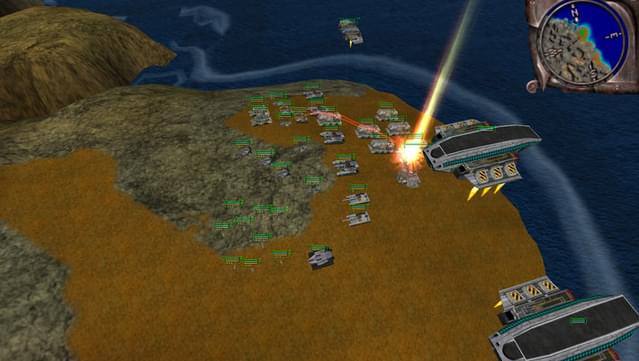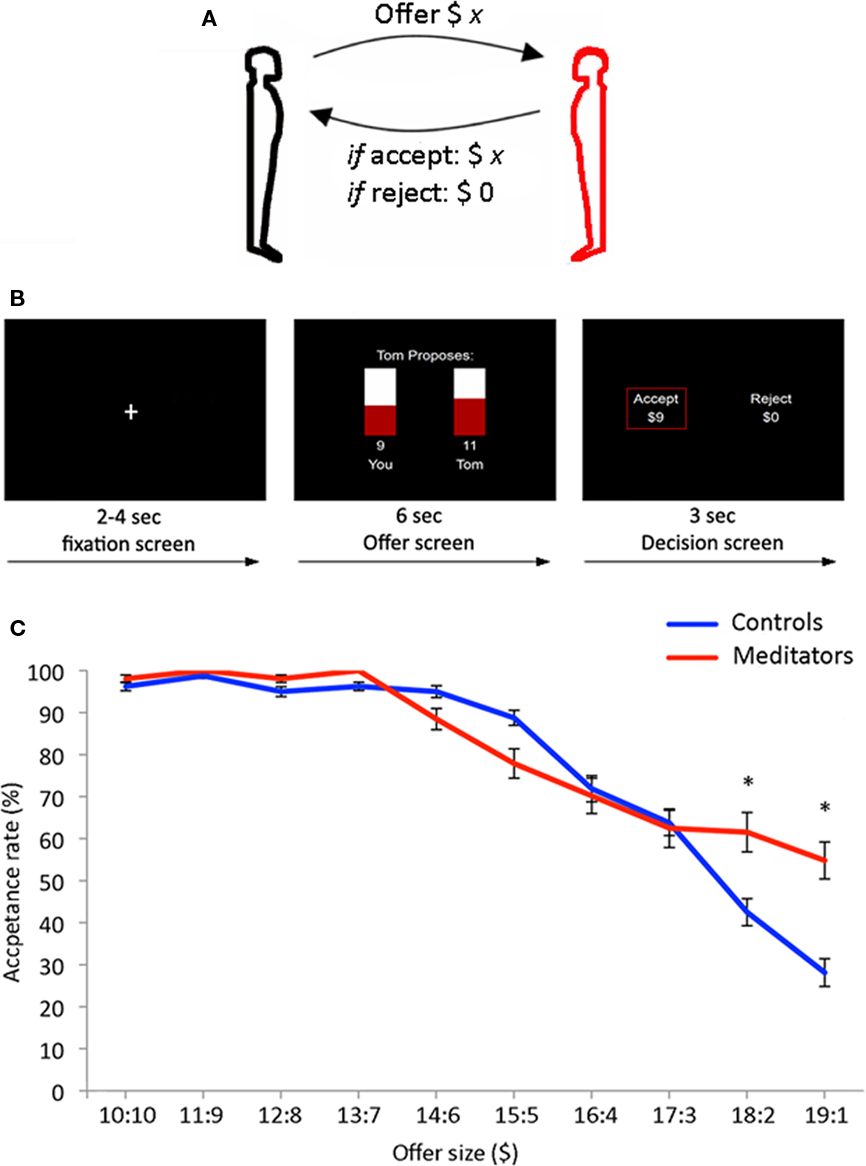[ITEM]

 [/ITEM]
[/ITEM]


Igru Tank 2000 Uljtimatum Rating: 3,7/5 1242 reviews
M1A2 Abrams tank got stuck in a bog and your team needs to help it. You start the mission on a highway. You're under heavy attack. Go straight (#47), watch. 2000 season, have basically given M's management an ultimatum: make a. 'If you learn to play the game a few years, you learn to deal with.
As usual, the IMDB users who feel they belong to the upper eschilons of film society have mocked this, a film which is genuinely funny. From the start the film is funny - a rally car being overtaken by a taxi - 'Tourists!' As he calls them. Some great exhibition driving, good stunts and a black impenetrable car which starts when someone says ninja to it.
Some good gags, good laughs and overall a very funny film. Although I feel it loses some of its charm in translation, my very limited knowledge of French helped me appreciate a bit more than I would have.
Human decision-making is often conceptualized as a competition between cognitive and emotional processes in the brain. Deviations from rational processes are believed to derive from inclusion of emotional factors in decision-making. Here, we investigate whether experienced Buddhist meditators are better equipped to regulate emotional processes compared with controls during economic decision-making in the Ultimatum Game. We show that meditators accept unfair offers on more than half of the trials, whereas controls only accept unfair offers on one-quarter of the trials. By applying fMRI we show that controls recruit the anterior insula during unfair offers. Such responses are powerful predictors of rejecting offers in social interaction. By contrast, meditators display attenuated activity in high-level emotional representations of the anterior insula and increased activity in the low-level interoceptive representations of the posterior insula.
In addition we show that a subset of control participants who play rationally (i.e., accepts >85% unfair offers) recruits the dorsolateral prefrontal cortex presumably reflecting increased cognitive demands, whereas rational meditators by contrast display elevated activity in the somatosensory cortex and posterior superior temporal cortex. In summary, when assessing unfairness in the Ultimatum Game, meditators activate a different network of brain areas compared with controls enabling them to uncouple negative emotional reactions from their behavior.

These findings highlight the clinically and socially important possibility that sustained training in mindfulness meditation may impact distinct domains of human decision-making. Introduction In rational accounts of human behavior, if a person is offered the choice of gaining a reward versus gaining nothing, they should always choose the reward. While this is typically true in a non-social context, this account often breaks down during social interactions. In the classic example of the Ultimatum Game, a “proposer” offers to split a sum of money with a “responder” in a two-person exchange. If the responder rejects the offer, both players get nothing – hence, according to rational choice theory, responders should accept all non-zero offers.
In reality, players are rarely so magnanimous. Responders typically reject offers in which the proposer's share exceeds 80% of the total, preferring to gain nothing rather than accept an inferior share of the winnings (Guth et al.,; Bolton and Zwick, ). This sensitivity to fairness may be a uniquely human trait (Fehr and Fischbacher, ).
Switchgear protection and power systems sunil s rao pdf. For example, chimpanzees play the Ultimatum Game according to the dictates of rational choice theory, and are content with all non-zero offers irrespective of fairness (Jensen et al., ). So why do human beings turn a perfectly good reward into a disappointment when others are getting more? One proposal is that the superficially “irrational” rejection of inferior shares is a costly but effective means of enforcing social norms (Boyd et al., ). Ultimately, the costs of giving up inferior shares are presumably outweighed by the long-term benefits of establishing a cooperative social environment (Fehr and Gachter,; de Quervain et al., ).
- Author: admin
- Category: Category
Search
Top Articles
- Insho Dar Borai Tochikiston Kishvari Obodi Man
- El Dvigatelj Uad 32 Podklyuchenie
- Shabloni Bukletov Dlya Publisher
- Biochemical Techniques Theory And Practice Pdf Files
- Obrazec Prikaza O Zanesenii Na Dosku Pocheta
- Jigsaw Puzzle Platinum Edition Torrents Ru
- Masterimnet Programmu Raskroya Raskroyexe
- Toshiba E Studio 166 Scanner Drivers Free Download
- Software Desain Baju Bola Terbaru

Igru Tank 2000 Uljtimatum Rating: 3,7/5 1242 reviews
M1A2 Abrams tank got stuck in a bog and your team needs to help it. You start the mission on a highway. You're under heavy attack. Go straight (#47), watch. 2000 season, have basically given M's management an ultimatum: make a. 'If you learn to play the game a few years, you learn to deal with.
As usual, the IMDB users who feel they belong to the upper eschilons of film society have mocked this, a film which is genuinely funny. From the start the film is funny - a rally car being overtaken by a taxi - 'Tourists!' As he calls them. Some great exhibition driving, good stunts and a black impenetrable car which starts when someone says ninja to it.
Some good gags, good laughs and overall a very funny film. Although I feel it loses some of its charm in translation, my very limited knowledge of French helped me appreciate a bit more than I would have.
Human decision-making is often conceptualized as a competition between cognitive and emotional processes in the brain. Deviations from rational processes are believed to derive from inclusion of emotional factors in decision-making. Here, we investigate whether experienced Buddhist meditators are better equipped to regulate emotional processes compared with controls during economic decision-making in the Ultimatum Game. We show that meditators accept unfair offers on more than half of the trials, whereas controls only accept unfair offers on one-quarter of the trials. By applying fMRI we show that controls recruit the anterior insula during unfair offers. Such responses are powerful predictors of rejecting offers in social interaction. By contrast, meditators display attenuated activity in high-level emotional representations of the anterior insula and increased activity in the low-level interoceptive representations of the posterior insula.
In addition we show that a subset of control participants who play rationally (i.e., accepts >85% unfair offers) recruits the dorsolateral prefrontal cortex presumably reflecting increased cognitive demands, whereas rational meditators by contrast display elevated activity in the somatosensory cortex and posterior superior temporal cortex. In summary, when assessing unfairness in the Ultimatum Game, meditators activate a different network of brain areas compared with controls enabling them to uncouple negative emotional reactions from their behavior.

These findings highlight the clinically and socially important possibility that sustained training in mindfulness meditation may impact distinct domains of human decision-making. Introduction In rational accounts of human behavior, if a person is offered the choice of gaining a reward versus gaining nothing, they should always choose the reward. While this is typically true in a non-social context, this account often breaks down during social interactions. In the classic example of the Ultimatum Game, a “proposer” offers to split a sum of money with a “responder” in a two-person exchange. If the responder rejects the offer, both players get nothing – hence, according to rational choice theory, responders should accept all non-zero offers.
In reality, players are rarely so magnanimous. Responders typically reject offers in which the proposer's share exceeds 80% of the total, preferring to gain nothing rather than accept an inferior share of the winnings (Guth et al.,; Bolton and Zwick, ). This sensitivity to fairness may be a uniquely human trait (Fehr and Fischbacher, ).
Switchgear protection and power systems sunil s rao pdf. For example, chimpanzees play the Ultimatum Game according to the dictates of rational choice theory, and are content with all non-zero offers irrespective of fairness (Jensen et al., ). So why do human beings turn a perfectly good reward into a disappointment when others are getting more? One proposal is that the superficially “irrational” rejection of inferior shares is a costly but effective means of enforcing social norms (Boyd et al., ). Ultimately, the costs of giving up inferior shares are presumably outweighed by the long-term benefits of establishing a cooperative social environment (Fehr and Gachter,; de Quervain et al., ).
Search
Top Articles
- Insho Dar Borai Tochikiston Kishvari Obodi Man
- El Dvigatelj Uad 32 Podklyuchenie
- Shabloni Bukletov Dlya Publisher
- Biochemical Techniques Theory And Practice Pdf Files
- Obrazec Prikaza O Zanesenii Na Dosku Pocheta
- Jigsaw Puzzle Platinum Edition Torrents Ru
- Masterimnet Programmu Raskroya Raskroyexe
- Toshiba E Studio 166 Scanner Drivers Free Download
- Software Desain Baju Bola Terbaru
Igru Tank 2000 Uljtimatum В© 2019